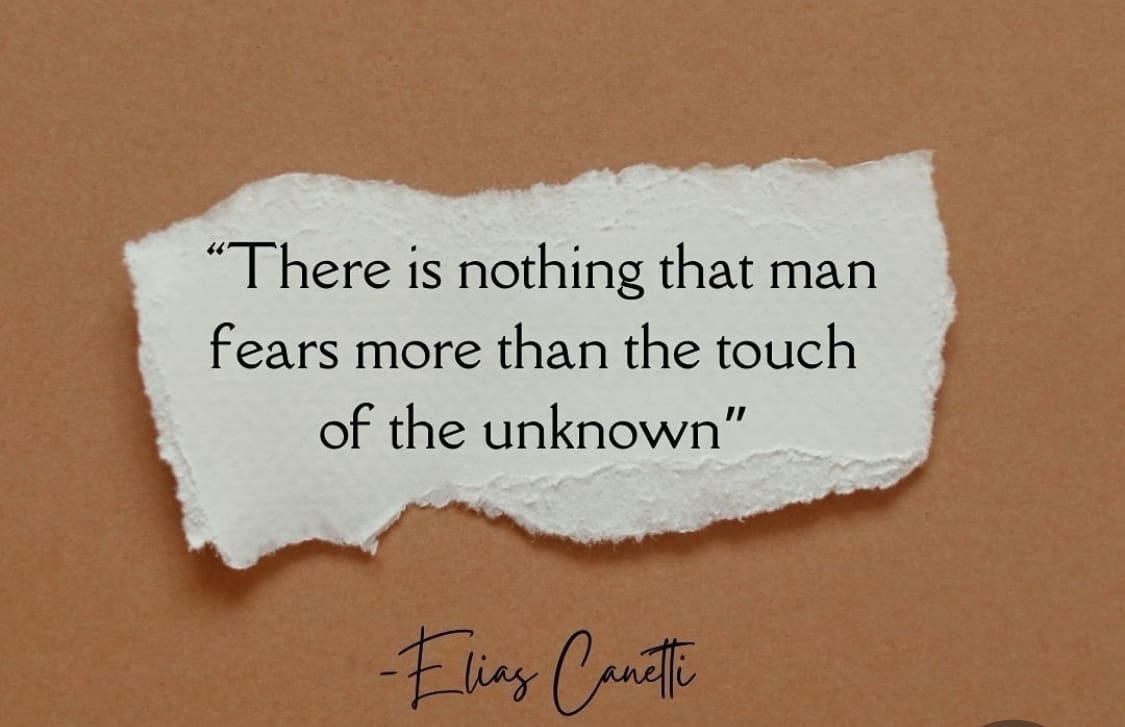
Mourning Life Changes: Navigating the Emotional Landscape of Transition
Life is a constant flow of change. Some changes are joyful, like a new job, a new relationship, or even moving to another Country. Others, however, come with a sense of loss, even when they’re part of the natural progression of life. Mourning life changes, whether expected or unexpected, is a deeply personal experience that requires understanding, patience, and self-compassion.
Understanding Mourning Beyond Grief
When we think of mourning, our minds often go to the loss of a loved one. However, mourning is a natural response to any significant change or loss in life. It could be the end of a relationship, the loss of a job, the transition into a new phase of life, or even the realization that a dream or expectation will never come to pass.
Mourning these changes doesn’t make you weak or overly emotional; it makes you human. Just as our bodies need time to heal from physical wounds, our minds and hearts need time to heal from emotional and psychological shifts.
The Stages of Mourning Life Changes
Similar to the stages of grief, mourning life changes can involve various emotional phases. However, it’s important to remember that these stages are not linear and can vary greatly from person to person.
1. Denial: Initially, you might struggle to accept the change. This is a defense mechanism that helps you process the situation more slowly, giving you time to come to terms with the new reality.
2. Anger: Anger is a natural response when we feel something important has been taken from us. You might feel angry at yourself, others, or even the universe for the change. Allow yourself to feel this anger without judgment.
3. Bargaining: This stage involves dwelling on “what if” or “if only” scenarios. It’s a way of trying to regain control over the situation, even though it might be beyond your control.
4. Depression: As the reality of the change sinks in, you might feel sadness, hopelessness, or even numbness. This stage can be particularly challenging, as it often involves confronting the depth of your loss.
5. Acceptance: Acceptance doesn’t mean that you’re completely okay with the change, but rather that you acknowledge it as a part of your life. This stage is about finding a new normal and beginning to move forward.
Navigating the Mourning Process
The journey through mourning life changes is deeply personal, and there’s no right or wrong way to go about it. Here are some strategies to help you navigate this emotional landscape:
1. Acknowledge Your Feelings: It’s important to recognize and accept your emotions, whatever they may be. Suppressing or ignoring your feelings will only prolong the healing process. Journaling, talking to a trusted friend, or seeking therapy can help you express and process your emotions.
2. Give Yourself Time: Mourning takes time, and everyone’s timeline is different. Don’t rush yourself to “get over it” or move on before you’re ready. Healing is a gradual process, and it’s okay to take as much time as you need.
3. Seek Support: You don’t have to go through this alone. Whether it’s friends, family, or a professional counselor, having someone to talk to can make a big difference. Support groups, both online and in-person, can also provide a sense of community and understanding.
4. Practice Self-Compassion: Be kind to yourself during this time. It’s easy to fall into self-criticism, but remember that mourning is a natural and necessary process. Treat yourself with the same compassion you would offer a friend going through a similar situation.
5. Create Rituals of Closure: Rituals can help you process and honor the change. This could be something symbolic, like writing a letter to the past or creating a memory box. Such actions can provide a sense of closure and help you transition to the next phase of your life.
6. Look for the Silver Lining: While it might be difficult, try to find the positive aspects of the change. Every ending can also be a new beginning, and life’s transitions often come with opportunities for growth, learning, and self-discovery.
Moving Forward
Mourning life changes is a testament to the importance of the things we hold dear. It’s a process that honors the past while making room for the future. As you move through the stages of mourning, remember that it’s okay to feel lost or uncertain. With time, patience, and self-care, you will find your way through the changes and emerge stronger on the other side.
Change is inevitable, and with it comes a mix of emotions. By acknowledging and honoring these feelings, you allow yourself the space to heal and grow. Mourning life changes isn’t just about dealing with loss; it’s about embracing the full spectrum of human experience and finding resilience in the face of life’s inevitable transitions.



